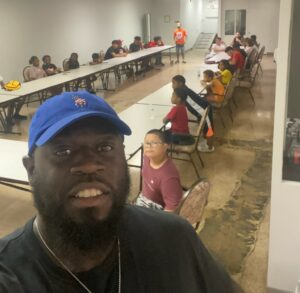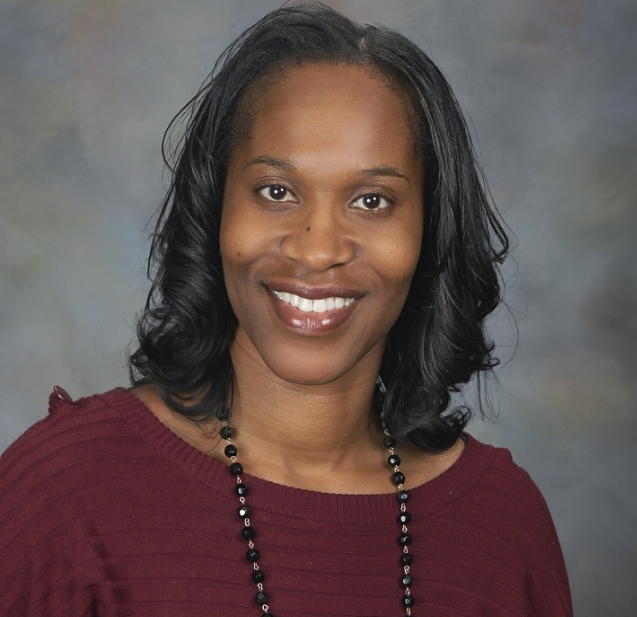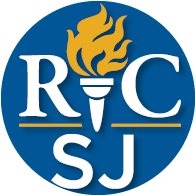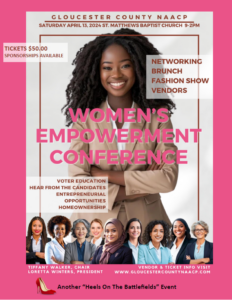Double Standard: Thugs in Baltimore, but Not Waco?
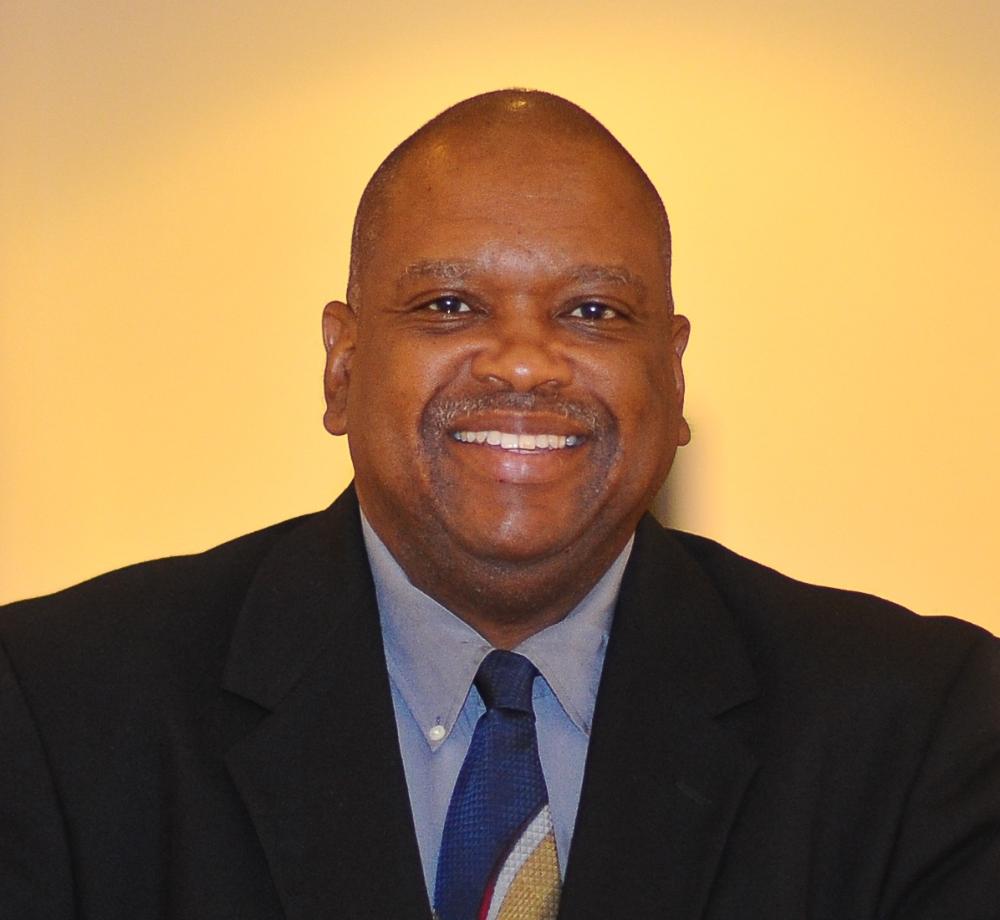
Note: This column also appears as an op-ed in the Lafayette Journal & Courier.
BY CLYDE HUGHES | AC JosepH Media
On Sunday, a shootout between rival biker gangs in Waco, Texas, at a Twin Peaks restaurant left at least nine people dead, 170 arrested, numerous others injured while leaving everyone in the vicinity in this Central Texas town terrorized.
As horrific and stunning the scene was, after scanning news reports, law enforcement, and witnesses, none of the suspected assailants were described as “thugs.” Not one city official. Not one law enforcement officer. No one in the federal government.
As you may have guessed by now, nearly all of the suspects at this point have been identified as white. The rioting during late April in Baltimore after the death of Freddie Gray led news reporters, the mayor of Baltimore and even President Barack Obama to describe those taking part in the protest as “thugs.” Of course, all the people participating in the riots are believed to be African-American.
Is there something to this charge from former CNN anchor Soledad O’Brien, Seattle Seahawk Richard Sherman and Baltimore City Council member Carl Stokes who charge that “thug” has become the new proxy for the n-word?
One would think the suspected action of those participating in the Waco mayhem certain fit the Webster’s Dictionary definition of “thug” and the thuggery they displayed on Sunday. How did they escape being called the terms, when that term seemed to be placed so quickly on the Baltimore rioters (with glee it seemed by television networks)?
“I think when you look specifically at the way ‘riot’ is used and the way ‘thug’ is used, is it used around people of color specifically in an inner-city context,” O’Brien said May 10 on CNN’s “Reliable Sources.” “I can’t tell you (why) the black mayor does or the president of the United States chooses to use the word.
“I can only comment on how journalists should think about a word that actually doesn’t have a lot of nuance and isn’t specific, but somehow seems to be used a lot when you talk about African-Americans.”
Sherman first brought up the issue more than a year ago after his colorful television boast during an interview after the Seahawks beat the San Francisco 49ers in the NFC championship game. The incident turned into name-calling, where people on social media referred to him as a thug.
If talking loud in middle of a boisterous crowd and berating 49ers wide receiver Michael Crabtree on national television makes you a thug, then that’s a pretty low bar. That’s not what viewers saw. They saw an African-American with dreadlocks appearing to look angry, and bingo — here comes the ‘thug’ term.
“The word ‘thug’ has been used so many times by the same sort of people about the same sort of thing that it’s no longer even accurate to call it code — it’s really more of a shorthand,” Kyle Wagner wrote at Deadspin.com after the Sherman incident in 2014. Wagner pointed out that media analytics service iQ Media reported that the word “thug” was used 625 times on the airways after the Sherman incident.
“It means a black guy who makes white folks a little more uncomfortable than they prefer. On Sunday night, Richard Sherman made a lot of people uncomfortable. Then on Monday, people said thug on TV more often than on any other day in the past three years,” Wagner wrote.
But is it the new n-word?
When conservative talk show host Rush Limbaugh called Obama a thug on shows in 2009 and 2012, there is little question he was trying to stir a negative racial image of him. Yet thug does not have the historical context, legacy or the exclusivity to African-Americans that the n-word has.
Secretary of State John Kerry called Syrian President Bashar al-Assad a thug in 2013, according to Deadspin.com. Alleged mobster Kevin Weeks, who is white, was called a thug in 2013 by the New York Daily News while he was testifying against Whitey Bulger.
I even heard Captain American called one of the bad guys on “Avengers: Age of Ultron” a thug at the movies last week, just to throw a pop culture reference in.
So while I have trouble agreeing that thug equates to the n-word — it has a long way to go historically for that — you can argue little with how many are regularly using the term now. It has become a proxy, maybe not for the n-word, but clearly for describing African-Americans.
Thug has become a lazy and easy definition for blacks the users frown upon. We should not run away from language, and I’m not ready to cross it out of my vocabulary. But we need to have our radar up when thug is used and ask why we are really using the term.
If the Waco bikers are not thugs, then how can the Baltimore protesters possibly be?
Follow Us Today On:
Subscribe to FRNJ EXTRA premium content newsletter for exclusive information on this event and other premium content, courtesy of Front Runner New Jersey.com.
Note from AC JosepH Media: If you like this story and others posted on Front Runner New Jersey.com., lend us a hand so we can keep producing articles like these for New Jersey and the world to see. Click on SUPPORT FRNJ and make a contribution that will do directly in making more stories like this available. Thank you for reading.

